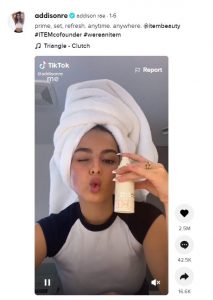
When thinking about SEO, don’t just focus on your ranking positions. It’s only half the story. I’ve often heard “we rank number 3, so we’ve done our job.” Ranking well is just the beginning. You have to look past that and analyze if you are getting any business value out of that ranking position. With search, especially today, customers have dozens of options at their fingertips. Odds are, you’re not the only game in town. Just because you rank well does not mean that you are generating effective leads.
Tap into your web analytics
Analytics are beautiful aren’t they? Take a look at your target URLs. For the pages that rank well for target keywords, look at the following:
- Organic search referrals – ideally you should be getting a decent amount of referrals from the pages that rank well. However, if you’re not, this should tell you something. You’re visible in search, but people aren’t clicking. Ask yourself if you have the appropriate keyword targets. Do they match the user’s intent? Do you have a right to win for those keywords or are you a fish out of water?
- Keyword referrals – you can get this using Google WebMaster Tools. It’s one of the most valuable pieces of SEO data you can have. When configured correctly, this will tell you exactly which keywords are giving you the most clicks. Do a side-by-side comparison of the keywords driving referrals to your page. You’ll be surprised at what you see.
Analyze your customer’s “digital journey”
Search is such a critical piece–it’s where potential customers begin to discover your offerings, after specifically asking for it (via a keyword). Once you’ve drawn a correlation between Google ranking and actual referrals, you can take a much closer look at your customer journey and make some smart investments in content strategy.
For example, if a keyword topic is driving a bunch of qualified search referrals and, even more importantly, significant engagement on your web page, why not treat that web page as a destination “hub” where you can surface other products and services? You’re already getting people to that page that have a specific intent. So see if there’s opportunities to up-sell or cross-sell. Design your content strategy on that page based on the referral data you have access to. If the bounce-rate (from organic search) is high on your page, it may mean that your content and offerings do not match well to the keywords being used by potential customers. Do some A/B testing to see if alternative content reduces your bounce rates and drives more engagement.
Look past your SEO rankings & make sure people are actually clicking and engaging as you would expect them to. If not, make some data-driven decisions and improve your customer’s journey.
Digital & Social Articles on Business 2 Community(75)
Report Post




